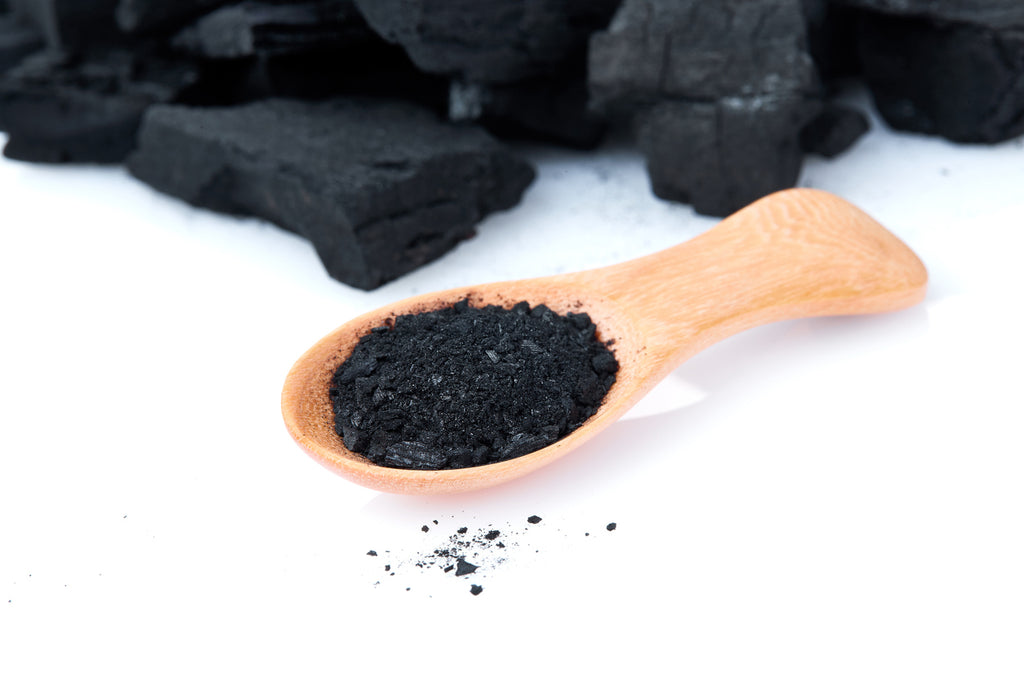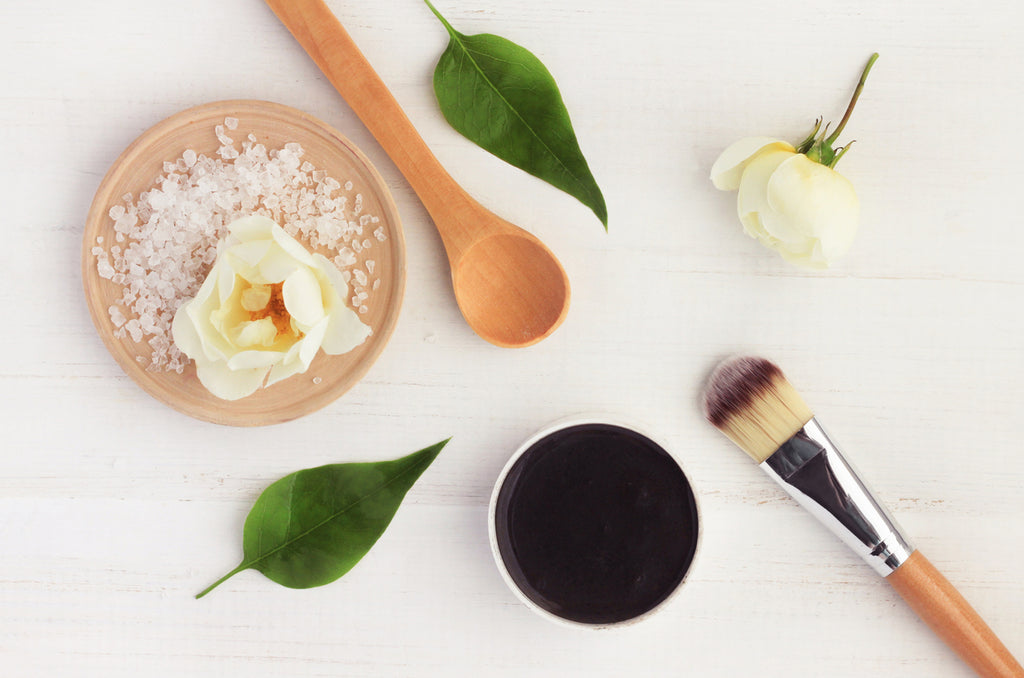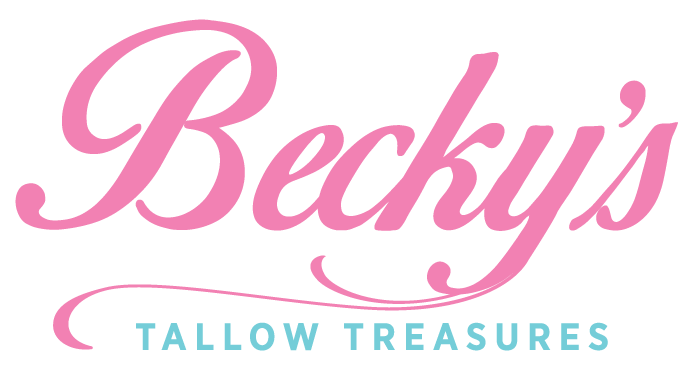
Maybe you've already heard of activated charcoal and its use as a powerful natural remedy within the realm of alternative medicine. And maybe it's all completely new to you. In either case, it would be quite natural for you to wonder: why on earth would I want to eat charcoal, or spread it onto my skin? And does this mean that I can just grind up some barbecue briquettes -- those chunks of fuel I use to grill steaks, burgers and skewered veggies, during summertime backyard picnics?
Read on to learn more about the health benefits of activated charcoal, and how it is most certainly not the same thing as your BBQ briquettes. :)
What Is Activated Charcoal?
Activated charcoal is a substance that has the power to bind to toxins and impurities: trapping them in its millions of tiny pores before these toxic substances can cause harm. When used either internally or topically, activated charcoal attaches to harmful chemicals, allowing them to be flushed from the human body -- via the intestines when used internally; or off of the skin, when applied topically -- before these potentially-harmful impurities are fully absorbed.
Fun fact: Because of the ability of activated charcoal to trap a wide range of contaminants found in water -- e.g. pesticides, solvents, industrial waste and other chemicals -- it is used also in large and small-scale water filtration systems. Activated charcoal filters can be found, for instance, in drinking-water filtration pitchers; as well as in aquarium filtering systems.
How Is Activated Charcoal Made?
At an elemental level, activated charcoal is basically just pure carbon -- and for this reason, it is sometimes also referred to as "activated carbon." The charcoal that is the basis of "activated charcoal" is the carbon byproduct of the slow heating of any number of materials: e.g. bamboo, coconut husks, willow peat, bone char, petroleum pitch, coal, peat, lignite, olive pits, sawdust, or wood. The activated charcoal used in Becky's Tallow Treasures products comes solely from hardwood: a renewable resource.
The "activation" of the charcoal happens via an additional step, in which the charcoal is oxidized using steam or air at high temperatures. The activated charcoal used in Becky's Tallow Treasures products is created via a high-temperature steam activation process. This activation process is what gives the charcoal its therapeutic properties, by making it much more porous than regular charcoal. This increased porosity provides the activated charcoal with a much larger surface area -- through which it can effectively absorb toxic substances.
Activated Charcoal vs. BBQ Briquettes
Coming back now to the question of how activated charcoal is quite different from your garden-variety barbecue briquettes ... The short answer is that activated charcoal is a healing substance, a form of alternative medicine; while charcoal briquettes are a type of fuel. Although there are similarities in how the two substances are produced, activated charcoal is totally non-toxic and (as we learned above) is the outcome of one additional step: its oxidation.
Charcoal briquettes, on the other hand, typically include any number of ingredients that are downright toxic to humans, for instance: agricultural wastes, and chemicals found in lighter fluid (for quick-start BBQ briquettes). They're great for firing up your grill but should never make their way anywhere close to your medicine-chest or dinner table.
The bottom line is that BBQ briquettes should never be ingested: they are toxic! Activated charcoal, on the other hand, is designed specifically to remove toxins -- which is the source of its therapeutic, healing properties. BBQ briquettes are poison; while activated charcoal is medicine!
Now that we're crystal-clear about what activated charcoal is not (viz. it's not your BBQ briquettes!) -- let's have a look at some of its many beneficial uses.

Internal Uses Of Activated Charcoal
The powerful detoxing capacities of activated charcoal make it a great resource for treating acute poisoning or drug overdose. The activated charcoal binds to these toxic and potentially life-threatening substances while they are still in the stomach before they are absorbed more completely into the bloodstream. For this reason, a bit of activated charcoal is a great thing to have in your first-aid kit!
Other common internal uses of activated charcoal (via Dr. Axe) include:
- treatment of gas, bloating, indigestion, and upset stomach
- general detox or digestive cleanse
- removal of internal toxins (including mold)
- lowering cholesterol
- treatment of alcohol poisoning
The executive summary: when taken internally, activated charcoal has very powerful detoxifying effects. Now let's have a look at how this same substance can work its magic also on the surface of your body ...
Skin Benefits Of Activated Charcoal
As we learned above, activated charcoal has some powerfully therapeutic internal uses. But its benefits extend beyond these internal applications. Applied externally (i.e. to the skin) activated charcoal can be effective for relieving the discomfort from insect bites; poison ivy or poison oak rashes; and snake bites. It can help to resolve acne and disinfect wounds. It can also reduce body odor; and disinfect the surface of the skin.
In the same way that activated charcoal binds to toxins inside of the body, it also traps toxins hanging out on the body's surface. It can attach to and pull all variety of chemicals, poisons, bacteria, oil, dirt and other micro-particles out of clogged pores and to the surface of the skin, where they can be more easily washed away. In so doing, it's helping to improve your complexion and support the overall health and radiant beauty of your skin. Yeah!
Because activated charcoal has this almost other-worldly power to absorb toxins and impurities -- and, in fact, to absorb thousands of times its own mass in harmful substances! -- is has become an increasingly popular ingredient in facial masks and soaps.
Becky's Activated Charcoal Facial Soap makes available to you all the "super-hero" healing properties of activated charcoal; along with a pleasingly balanced blend of essential oils: lavender, lemongrass, and tea tree. Lavender soothes irritated and inflamed skin; lemongrass controls oiliness; and tea tree dissolves the blockage of clogged pores (along with having antiviral, antibacterial, and anti-fungal qualities). This deeply therapeutic soap also lathers up nicely -- though of course, the bubbles will be grey in color, due to the activated charcoal.
So then ... welcome to the wonderful world of activated charcoal!




Hi Becky I lost your phone number I have been trying to reach you
Please remain me we need to talk please
Sincerely
Jude